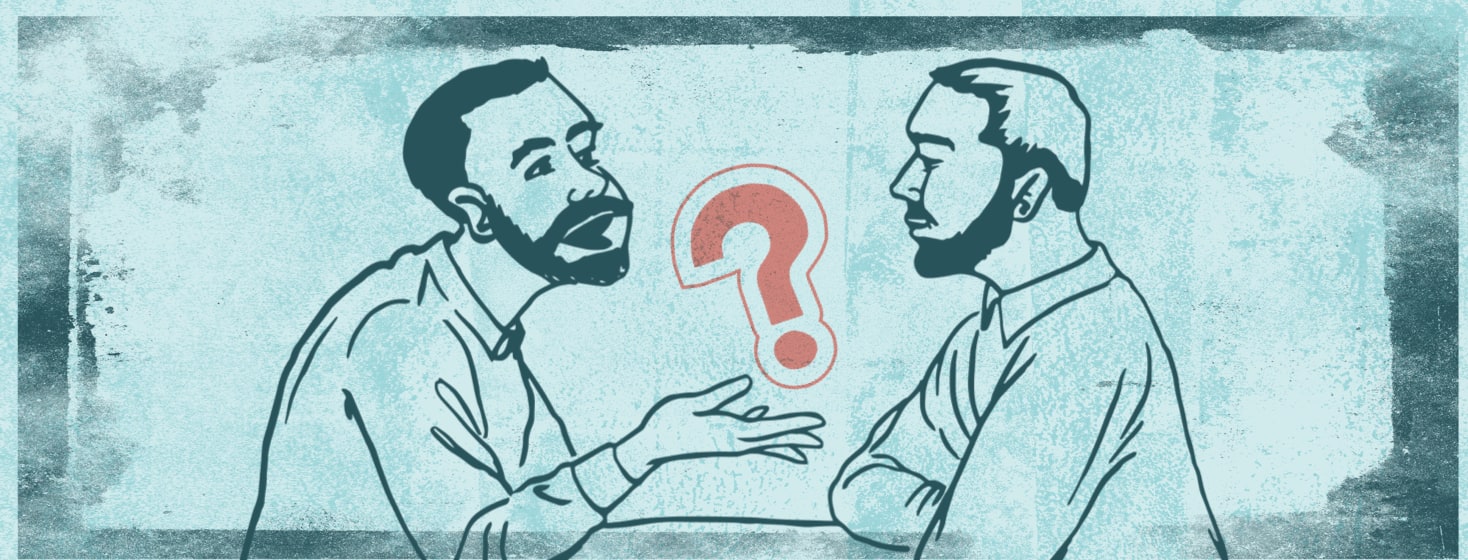Hope
It’s early in the year as I sit and write this, and I’ve already been approached for help and advice from the friends and loved ones of two men recently diagnosed with de novo stage 4, incurable, metastatic prostate cancer like myself.
Requests like this come with a huge responsibility. Clearly, I’m not able to offer medical advice. The main thing I try to do is give these men hope while finding the balance between hope and false hope. I’ll come on to this later, as it’s a really important part of supporting men newly diagnosed.
Finding trustworthy resources
A good starting point, I think, is to guide them away from Dr. Google and toward trusted sources of information. Here in the UK, we have a number of great charities that help and support men. Prostate Cancer UK is a great source of information and has a team of specialist nurses that you can speak to on a freephone number. That’s a good starting point.
Tackle Prostate Cancer, that I’m a trustee of, provides support to the leaders of support groups all over the UK. We have a directory of support groups, including one just for men with advanced prostate cancer. It’s worth them knowing about this, even if they may not yet be ready to engage with support groups.
Another tool here in the UK is The Infopool, a website primarily for newly-diagnosed men that has a large amount of content and advice as well as many stories from men like me highlighting the lived experience.
Understanding treatment options
I recall that I went through hell when I was diagnosed but felt so much better when I started down a treatment pathway. That’s valuable information to impart. I was told that my prognosis would improve if I responded well to first-line treatment, which I have. Of course, this could be a double-edged sword if I didn't respond well to first-line treatment.
Quality of care both here in the UK and I believe in the USA can be very patchy. I feel that far too many men are only put on hormone treatment, when multiple or other treatments may also be an option. A message I give them is not to accept sub-standard care, and I tell them what treatment options they might be looking at.
Start a Forum
Hope is important
The key message, though, is hope! Here I am nearly 7 years post-diagnosis and still stable with an unrecordable PSA. Stories like mine do give hope. But it’s important to temper that by being clear that not everyone responds as well as I have.
The key thing for me is that, when I was diagnosed, pretty much the only treatment available to me was hormone therapy coupled with chemotherapy. In the 7 years since I was diagnosed, I’ve seen at least 6 new treatments come along.
That’s why hope is important. We have to live in hope that new treatments will be available if our current treatments fail. I think it's important to do our best to stay as well as we can, with a good diet and exercise regime, and that’s very much part of my message to these men.
Coping mechanisms are important, too
Of course, a man diagnosed with metastatic prostate cancer may face the difficult side effects of hormone therapy, and it’s important they are aware of that. But it's even more important that they are given coping mechanisms to help deal with the side effects. I talk about exercise, which I’m passionate about, as well as complimentary therapies like acupuncture.
In closing, one of my favorite sayings is “Without hope we are hopeless.” So I really pray that I’ve given these men some hope. Not false hope, but hope.

Join the conversation